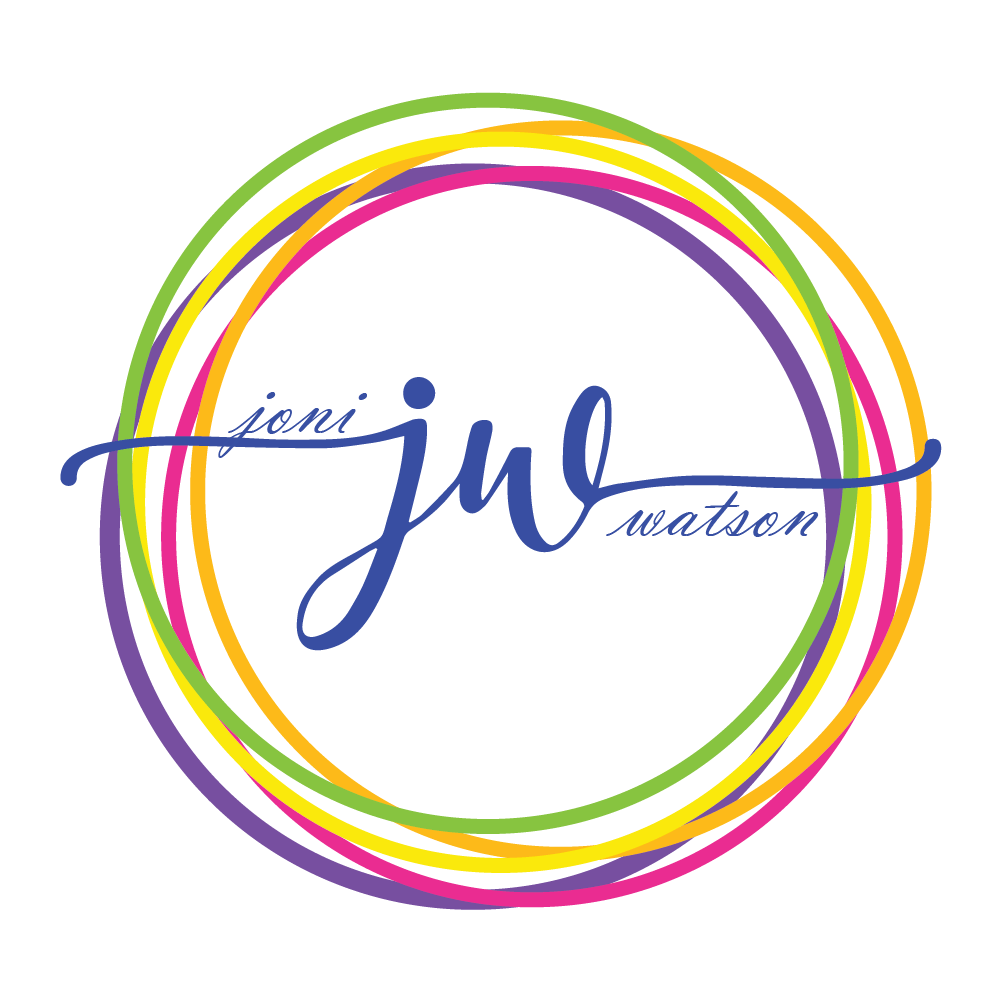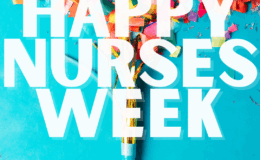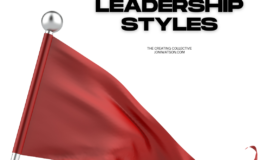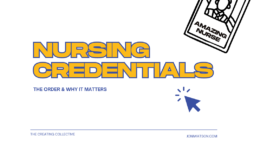The Article: Codier, E., Kamikawa, C., & Kooker, B. (2011). The impact of emotional intelligence development on nurse managers. Nursing Administration Quarterly, 35(3): 270-276.
Big Idea: Emotional intelligence (EI) has been studied extensively throughout numerous professions – including nursing – over the last 20 years. EI is the ability to identify and manage the emotions of yourself and others, and it has been linked to high leaderships skills and improved management and care outcomes via literally hundreds of studies. This study examines six months of peer-to-peer coaching as an effective strategy to increase the EI scores of 15 nurse managers within a Hawaii tertiary care facility. The nurses managers received coaching education, and the peer-to-peer coaching sessions consisted mostly of conversations and reflection, or “thinking out loud,” rather than advice-giving.
Survey Says!: Participating nurse managers reported they felt the regular peer-to-peer coaching and discussions improved both their management and EI skills. However, quantitative results actually showed nurse managers’ EI scores decreased during the intervention time period. The nurse managers all expressed extremely high levels of exhaustion and burnout symptoms during the intervention time, as well, as they endured Magnet accreditation and three unannounced surveys – including JCAHO – within three months of one another. Interestingly, the authors point out EI skills should actually increase over time and age, but the same is not true for nurses. The literature shows EI skills and scores lower during periods of burnout, thus reiterating nurses’ extremely high rates of burnout and emotional fatigue as the reason for decreased EI skills.
Quotable: “Across the first 10 years of EI nursing research, interest in EI as a core competency in nursing has increased [reference]. Positive correlations have been demonstrated between levels of measured EI abilities and performance, personal achievement, organizational citizenship, job satisfaction, reduced burnout, and improved retention. Nurse leader EI scores have been correlated with improved patient outcomes, physician, nurse, and patient satisfaction, reduced staff turnover, and increased staff resilience during periods of change. Retention, coping, wellness, stress management, and job satisfaction have all correlated with measured EI [references]” (p. 271).
So What?: EI abilities have been shown over and over again to impact numerous outcomes. Nurse managers’ EI skills should be assessed during the hiring process, and enhancing nurse managers’ EI skills via inexpensive peer-to-peer coaching may lead to improved management skills, which ultimately impact bedside nurses and patient care.






Thomas A. coss
July 8, 2011 1:41 pmOK, I admit it, I most certainly exceeded my authority as an RN, when I arranged for a very sick patient to be transferred to a university hospital. Sure, I should have managed the resident better, still the patient was going south and time was not on our side. In the end the patient survived and all was well, then I was called to the nursing administration office.
“Yes, Tom, come in”, she said…”You’ll want to sit down a bit, I need so scold you,” pointing to a chair in front of her desk.
I was 36, as I recall; a Vietnam veteran, husband, father with over 11 years in nursing, 6 years in ICU and ER and I had just completed my second undergraduate degree. Let’s say I was an adult. Adult’s take responsibility and that is precisely what the clinical situation had demanded, now for what I did and now I’m about to get “scolded”.
This wasn’t the first time, but it was the last. I certainly don’t regret what I did, nor did I really mind the “scolding”, but it didn’t reflect well on nursing. The Director of Nursing was a wonderful individual, still this wasn’t a parent-child event. Sadly, such responses from nursing management are all to common.
Often when I hear nurses say they are “burnt out”, I have to push back. Being “burnt out” is far to passive, it’s positioned as if it were something that happens to you, like catching a cold. It absolves the individual of any responsibility, hence they don’t have to confront the real issues. If nurses are to be candid with themselves they will admit that they are more fed up, rather than burnt out. They are tired of being treated like children when they are not.
Here in lies the issue of true management skills and emotional intelligence; it’s treating each RN as an adult, and nurses ought expect nothing less. Professional management of professions is not an in loco parentis event, it’s accountable and responsible, fact based and clear. It listens first, pursues details and is builds upon truth, then speaks that truth to all involved, regardless of title letting the chips fall where they may.
Thomas A. Coss, RN
COO, OpsStream Inc.
Susan Fletcher
July 12, 2011 7:58 amNurses, in particular, can suffer from compassion fatigue which is also know as secondary post-traumatic stress. Emotional Intelligence, EI or EQ, is actually a way nurses can recognize their symptoms of burnout/compassion fatigue early.
As a psychologist in private practice I have to watch this in myself as I deal with patients dealing with pain on a daily basis.
Nurses can use the EI characteristic of self awareness to determine if you suffer from compassion fatigue. Watch how you are reacting to your patients and colleagues…and how they are reacting to you. Are you more sensitive than usual? Are your colleagues getting frustrated with you? Are your patients becoming too clingy? Too familiar? When you recognize how others perceive you and the affect you have on others, you can identify the above symptoms of burnout early.
Here are ways to know if you’re suffering from compassion fatigue:
• Mistakes go up and job performance goes down.
• You can’t stop thinking about your job or the problems of your patients.
• You have trouble sleeping.
• You have a general feeling of weariness.
• You don’t feel like doing anything—you feel blah.
• You feel less satisfied, less energetic and less efficient.
nursetopia
July 12, 2011 10:30 amWonderful! Many thanks, Susan.